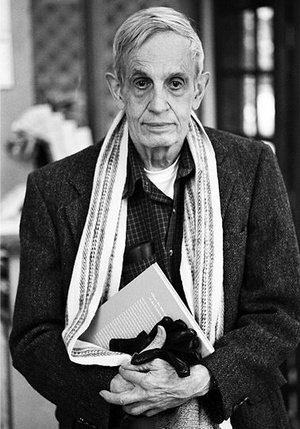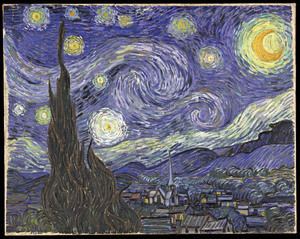Holiday Heart Syndrome was first recognized in the 1970’s and given its name in 1978, but has probably been going on for centuries. It is seen in both people who regularly drink a lot of alcohol as well as those who rarely if ever drink except when they are tempted to over imbibe during the holiday season. The disorder is associated with drinking excessively over a short period of time and often strikes young people and teenagers. Drinking a six pack of beer quickly as teens often do can make a person prone to Holiday Heart Syndrome.
The most common rhythm disorder is atrial fibrillation. A normal heart beats at about 70 beats per minutes. In atrial fibrillation this rate can jump to as high as 600 beats per minute. The patient may complain of dyspnea (shortness of breath), palpitations (the feeling that the heart is racing or skipping beats), chest pain, dizziness and fainting. He may also complain of extreme pressure in the chest and throat.
Several mechanisms are thought to be responsible for holiday heart syndrome. These include an increased secretion of epinephrine and nor epinephrine which causes a rise in plasma fatty acids that affect conduction of the heart, all stemming from metabolizing the alcohol. Also, excessive alcohol consumption depletes vitamin reserves, including thiamine which is particularly important for healthy heart function. Also, any time you have a large alcohol load it causes excess diuresis (the secretion of large amounts of urine) which lowers the levels of potassium and magnesium and that can contribute to the irregularity of the heart rhythm.
Race, sex and type of alcohol appear to play no specific role in developing the syndrome, but a typical patient is over the age of 30 with no history of long-standing heart disease. He may not even have a history of chronic alcohol abuse. Once the person stops drinking, the arrhythmia usually resolves within 24 hours without intervention.
In one study, it concluded that in patients under the age of 65, 63% of all cases of new-onset atrial fibrillation are related to alcohol consumption.
Because the arrhythmia can resolve within 24 hours on its own, antiarrhythmic therapy usually isn’t indicated. Treatment with multivitamins, correction of electrolyte abnormalities, and, in some cases, drugs to restore heart rhythm is most often the course of therapy. If the patient is unstable and showing serious signs and symptoms related to the rapid heart rate, or if the arrhythmia lasts more than 24 hours, a physician may need to perform electrical cardio version, but this is rarely needed.
Holiday Heart Syndrome is not life-threatening, but it is a very frightening experience requiring medical tests and treatment. The very best way to avoid Holiday Heart Syndrome and to keep your heart healthy is to drink alcohol in moderation or not at all.
It has been known for a long time that alcohol consumed in large quantities, over many years, does a lot of damage to the human body. A relatively new problem is now becoming more common: Holiday Heart syndrome. This is a condition that develops after a weekend or holiday drinking binge or in people who do not drink much during the year and suddenly have a number of drinks in quick succession during a party or holiday event. Holiday Heart Syndrome refers to the association between alcohol use and heart rhythm disturbances, particularly supraventricular tachyarrhythmias in apparently healthy people. Recently, similar reports indicated that people who use recreational marijuana may have similar effects.



